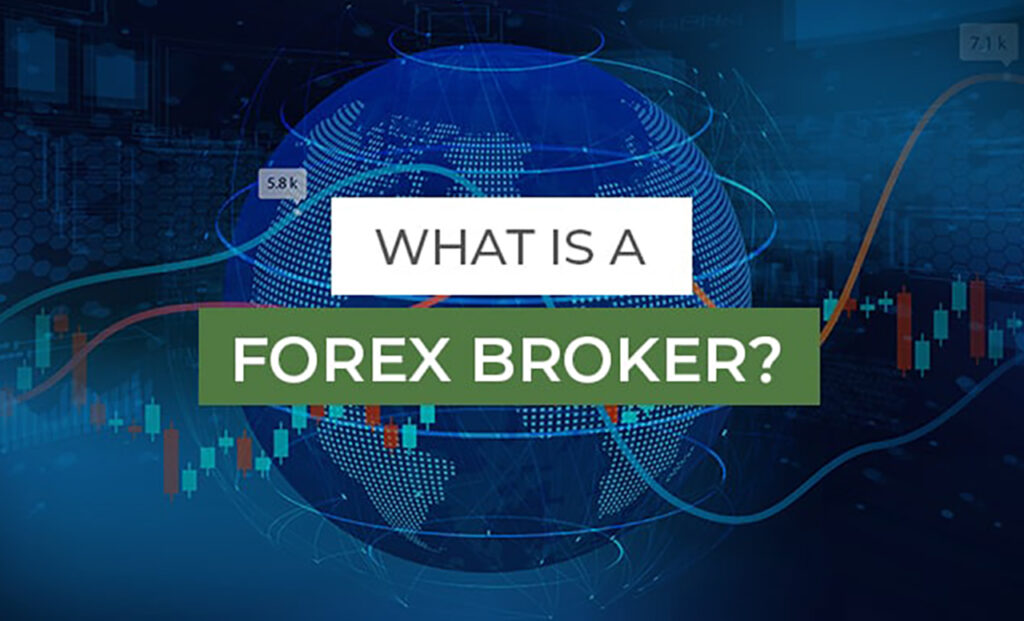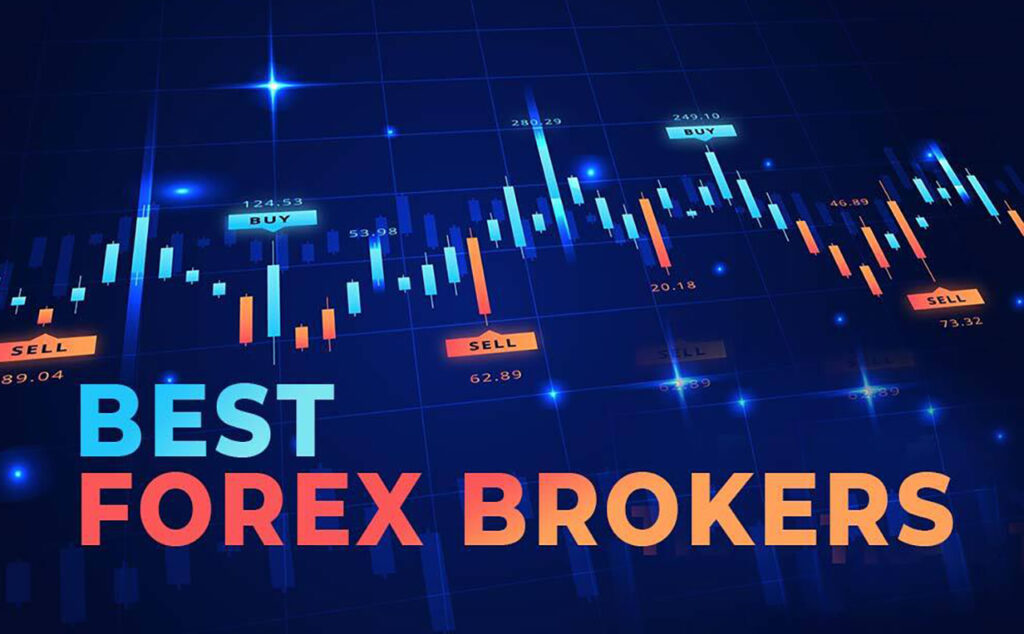Understanding Forex Brokers: Types and Functions
Understanding Forex Brokers: Types and Functions
In the forex market, a forex broker plays a vital role as an intermediary between traders and the global currency market. Forex brokers provide traders with access to the market, execute trades on their behalf, and offer various trading services. In this article, we will explore what a forex broker is, their functions, and the different types of forex brokers available.
Definition of a Forex Broker

A forex broker is a financial institution or an individual that facilitates currency trading for retail traders and institutional clients. They act as a bridge between traders and the interbank market, where currencies are bought and sold. Forex brokers offer trading platforms, tools, and market access to enable traders to participate in the forex market.
Market Maker Brokers
Market maker brokers, also known as dealing desk brokers, create a market for their clients by taking the opposite side of their trades. They quote bid and ask prices and make money through spreads and by capturing the difference between the prices they offer and the prices they receive from liquidity providers. Market maker brokers may provide fixed spreads and instant trade execution.
ECN (Electronic Communication Network) Brokers
ECN brokers operate without a dealing desk and directly connect traders to a network of liquidity providers, such as banks, hedge funds, and other traders. These brokers offer access to the interbank market, where traders’ orders are matched with the best available prices from multiple liquidity sources. ECN brokers typically offer variable spreads and charge a small commission per trade.
STP (Straight Through Processing) Brokers
STP brokers, similar to ECN brokers, route traders’ orders directly to liquidity providers. However, STP brokers may have a smaller network of liquidity providers compared to ECN brokers. STP brokers can offer both fixed and variable spreads, and they may or may not charge a commission for trades. They aim to provide fast trade execution and competitive pricing.
DMA (Direct Market Access) Brokers

DMA brokers offer direct market access to traders, allowing them to interact with the order book of exchanges and liquidity providers. Traders can see the market depth and place orders at specific price levels. DMA brokers provide transparent pricing and often charge a commission on trades. They are popular among institutional traders and those seeking greater control over their trading.
Hybrid Brokers
Hybrid brokers combine elements of different types of brokers. They may act as market makers for smaller trades or less liquid currency pairs while offering ECN or STP execution for larger trades or more liquid currency pairs. Hybrid brokers aim to provide flexibility and cater to different types of traders.
Forex brokers are essential for accessing the forex market and executing trades. They offer trading platforms, market access, and various services to facilitate currency trading. Understanding the different types of forex brokers, such as market maker brokers, ECN brokers, STP brokers, DMA brokers, and hybrid brokers, allows traders to choose a broker that aligns with their trading style, preferences, and requirements. It is important to research and compares brokers based on factors such as regulation, trading conditions, fees, customer support, and reliability before selecting the most suitable forex broker for your trading journey.








